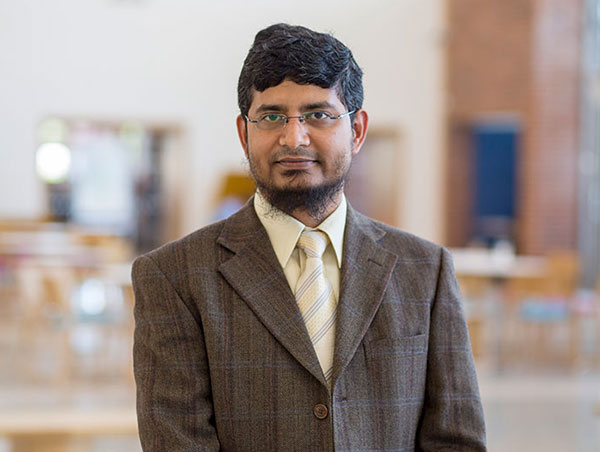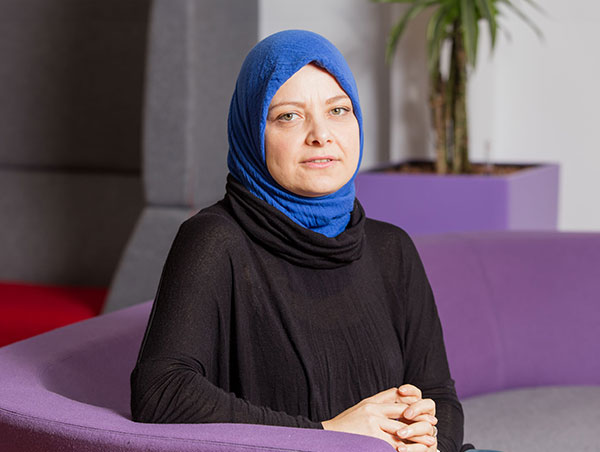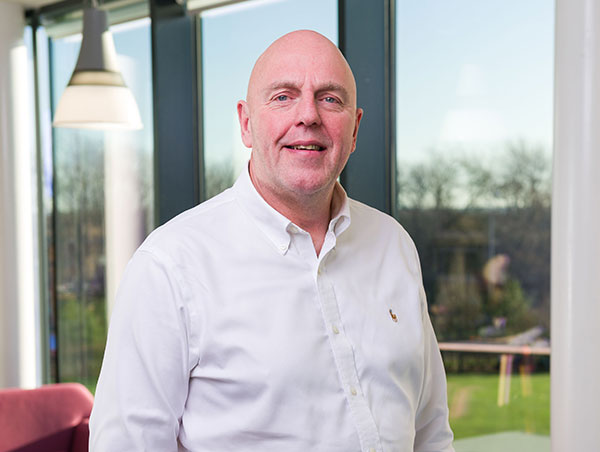
Publications
M. Asif-Ur-Rahman, F. Afsana, M Mahmud, M.S. Kaiser, et al. (2019). Toward a Heterogeneous Mist, Fog, and Cloud-Based Framework for the Internet of Healthcare Things. IEEE Internet of Things Journal 6, 4049–4062.
S. W. Yahaya, A. Lotfi, M. Mahmud. (2019). A Consensus Novelty Detection Ensemble Approach for Anomaly Detection in Activities of Daily Living, Applied Soft Computing, 83(2019), 105613, doi: 10.1016/j.asoc.2019.105613.
S.W. Yahaya, A. Lotfi, M. Mahmud. (2019). A similarity measure approach for identifying causes of anomaly in activities of daily living. In: Proc. 12th ACM Intl. Conf. PErvasive Technologies Related to Assistive Environments, pp. 575-579. ACM.
M. Mahmud, M.S. Kaiser, M.M. Rahman, M.A. Rahman, A. Shabut, et a. (2018). A brain-inspired trust management model to assure security in a cloud based IoT framework for neuroscience ap
Areas of Expertise
- Computer Sciences
- High-Resolution Brain-Chip Interfacing
- Neuro-prosthetics & Rehabilitation Engineering
- Telenostics
- Secure Cyber-Physical Systems and Internet of Things
- Understanding Neural & Neuromuscular Behaviour through Modelling
- Advanced Machine Learning for Biological Data Analysis
- Advanced Machine Learning for Crowd Analysis
Roles and Responsibilities
Mufti Mahmud is a Senior Lecturer in Computing and Technology at the School of Science and Technology. Dr Mahmud has developed a research portfolio spanning robotics, AI and Machine Learning (including co-robotics), assistive robotics, companion robotics. His team’s approach is to address the health and care needs of an ageing population using assistive tools and technologies in the form of robots and automated systems. These capabilities will be essential for many future health applications such as telehealth and telenostics.
Other Team Members


